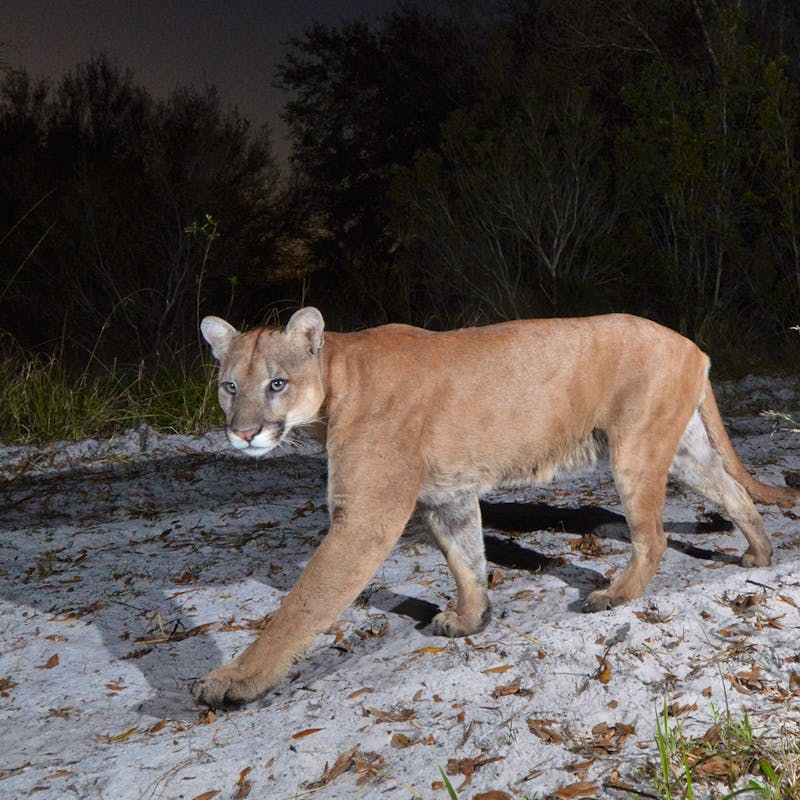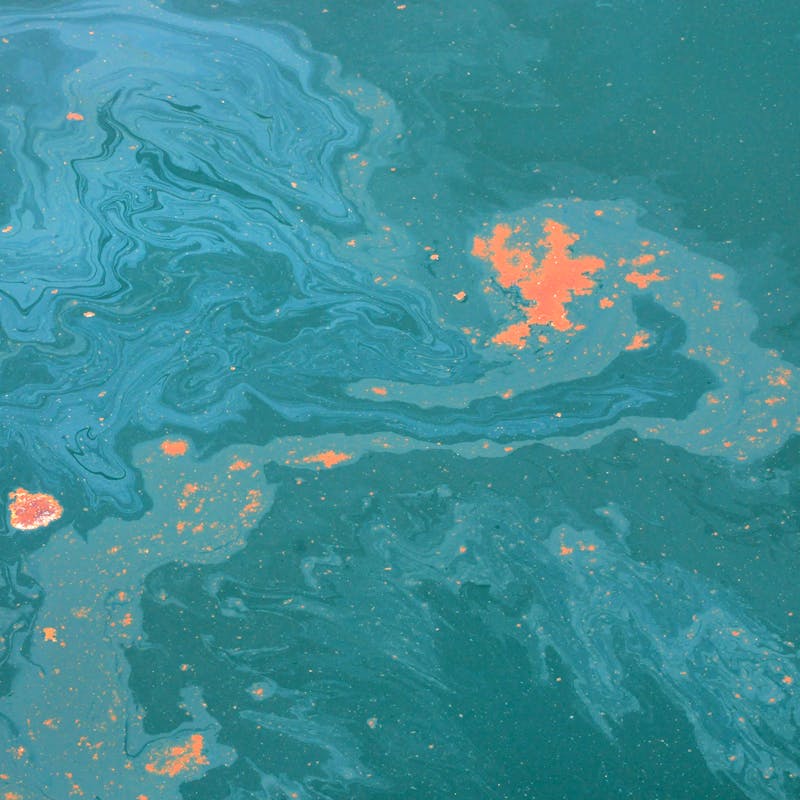I have just returned from the Gulf of Mexico, where the growing disaster from the British Petroleum oil rig blowout threatens some of our most precious wildlife, fisheries and national wildlife refuges. Bearing witness to this epic environmental disaster as it slowly unfolds has been surreal to say the least. It seems impossible to believe that the same beautiful white sand beaches I explored could be blackened by oil in as soon as a few days.
 The brown pelicans that divebombed the coastal waters, the dolphins that swam and played alongside our ferry crossing Mobile Bay, the terns and laughing gulls that chased the tide along the sandy beaches and the ghost crabs that burrowed into the sand are all in harm’s way. Satellite photographs shows the overwhelming size of the oil, which is growing at more than 200,000 gallons or more a day, threatening some of the most beautiful, fragile and ecologically sensitive places in the country.
The brown pelicans that divebombed the coastal waters, the dolphins that swam and played alongside our ferry crossing Mobile Bay, the terns and laughing gulls that chased the tide along the sandy beaches and the ghost crabs that burrowed into the sand are all in harm’s way. Satellite photographs shows the overwhelming size of the oil, which is growing at more than 200,000 gallons or more a day, threatening some of the most beautiful, fragile and ecologically sensitive places in the country.
As a former director of the U.S. Fish and Wildlife Service, I’m feeling a profound sadness for the people and wildlife that have died or been harmed by the toxic sea of oily goo slowly creeping to the shore. Some 39 wildlife refuges lie in reach of this massive oil slick. Some of these refuges were just starting to recover from the near devasting impacts of Hurricane Katrina and Tropical Storm Arlene.
Breton National Wildlife Refuge off Louisiana’s coast, for example, lost 80 percent of its land base, including three entire islands out of the refuge’s original eight. Yet refuge personnel have been tirelessly working to revegetate the remaining islands.Their efforts have yielded good results: brown pelicans and other birds have returned to nest successfully in recent years. But today, oil is lapping at Breton and Delta National Wildlife Refuges’ shores. The booms BP officials and the Coast Guard have placed act as mere speedbumps as the slick rolls to the coastline. It doesn’t bode well for the nesting seabirds already sitting on eggs or nurturing young.
It’s only a matter of time before the oil soils the sensitive shorelines and protected areas where critically endangered sea turtles are beginning to nest. Turtles that actually make it through the widening oil slick are crawling ashore to an increasingly uncertain future for both themselves and any young they may produce this year. Baby turtles will return to the waters of the Gulf, forced to swim in a toxic nursery of oil pollution.
Still there is hope. Although we can’t stop oil from reaching our shores, there is something we can do as a nation. Congress should get serious about enacting climate change legislation that limits offshore drilling and weans us from our dependence on oil. Today, the American people can finally see the consequences of our oil addiction. And they are largely upset by what’s happening in the Gulf. It’s time for a real change.
Although Senators John Kerry and Joe Lieberman have unveiled a bill that goes a long way toward reducing global warming, it would actually provide incentives for states to approve more oil drilling off of their coastlines. It’s hard to believe that while the Gulf of Mexico, with all its fisheries, oyster reefs and beaches that attract millions of dollars in tourism each year, gets covered in oil, anyone would open the door to more coastal drilling.
If the catastrophe in the Gulf does not wake us up to the need to wean ourselves off oil and move towards clean, safe renewable energy, I don’t know what will. This latest spill is a wake up call to the White House, Congress and frankly all Americans. President Obama and Congress must not expand offshore drilling operations. Our leaders need to lead.
In that light, the Obama administration should immediately reinstate the moratorium on off-shore leasing, expand the moratorium to Alaska’s Arctic Ocean, and rescind its approval of exploratory drilling by Shell Oil due to begin in the Arctic in less than 60 days.
Oil companies have shown us once again they cannot effectively manage the risks posed by offshore drilling. The impacts to marine wildlife, fisheries and coastal economies are astronomical. But to BP this disaster is just another operating cost. Clearly, when an accident happens, as it did on April 20th, oil companies don’t have the technology to address it before it becomes a crisis.
We need to ensure that a preventable disaster like this one will never happen again. Ultimately, the best way we can do that is to pass climate legislation that will usher in a new era of clean, safe energy. Our country is in a time of crisis. During such trying times throughout our history, we seem to have been able to put partisan politics aside and do what’s best for our nation. That time is now.






Follow Defenders of Wildlife
facebook bluesky twitter instagram youtube tiktok threads linkedin